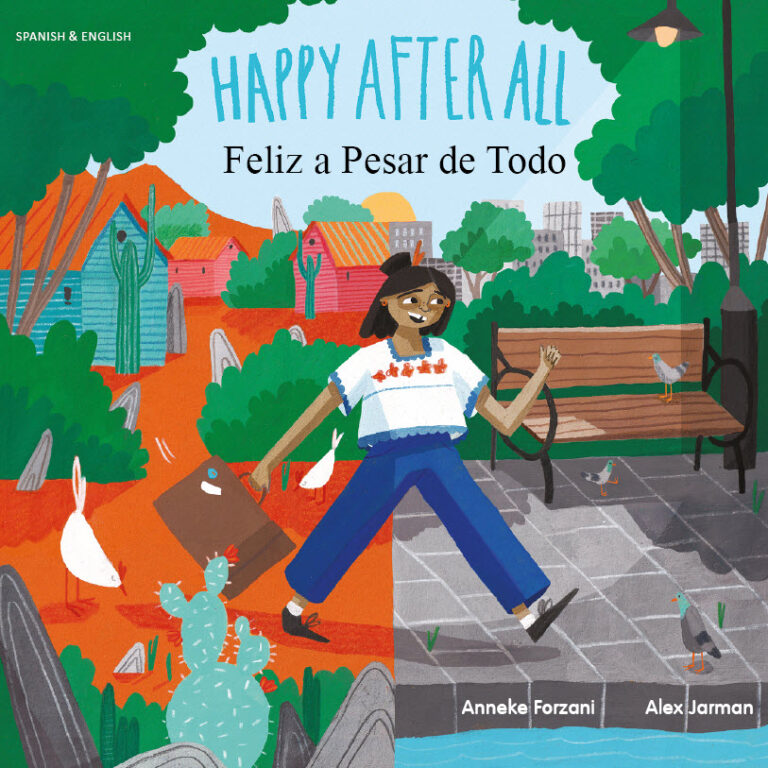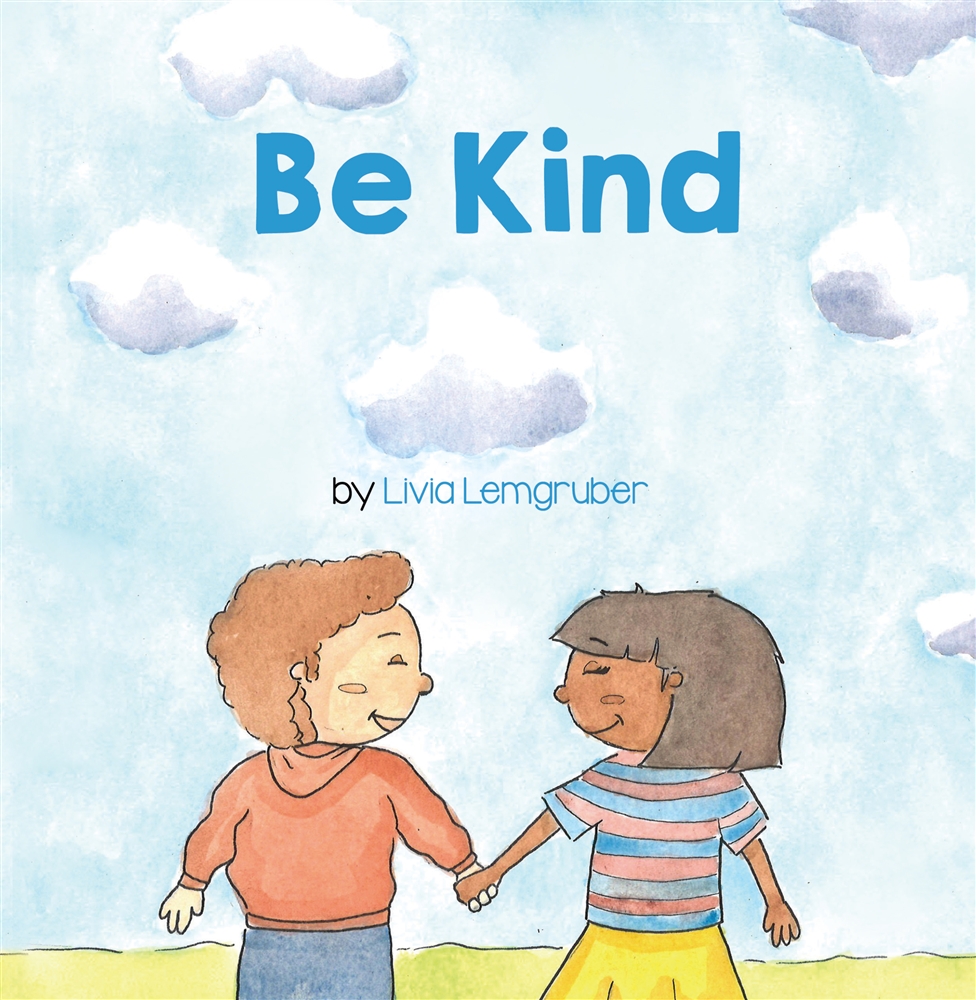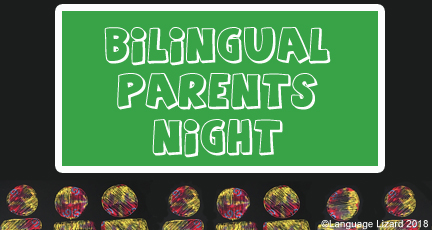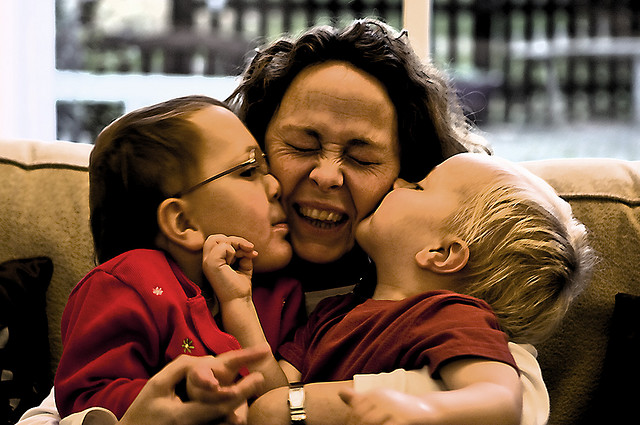We investigate the origin of the StoryWalk® and how libraries can take advantage of this immersive idea. Then, we offer bilingual book recommendations!.......... CONTINUE READING
June 26, 2021





